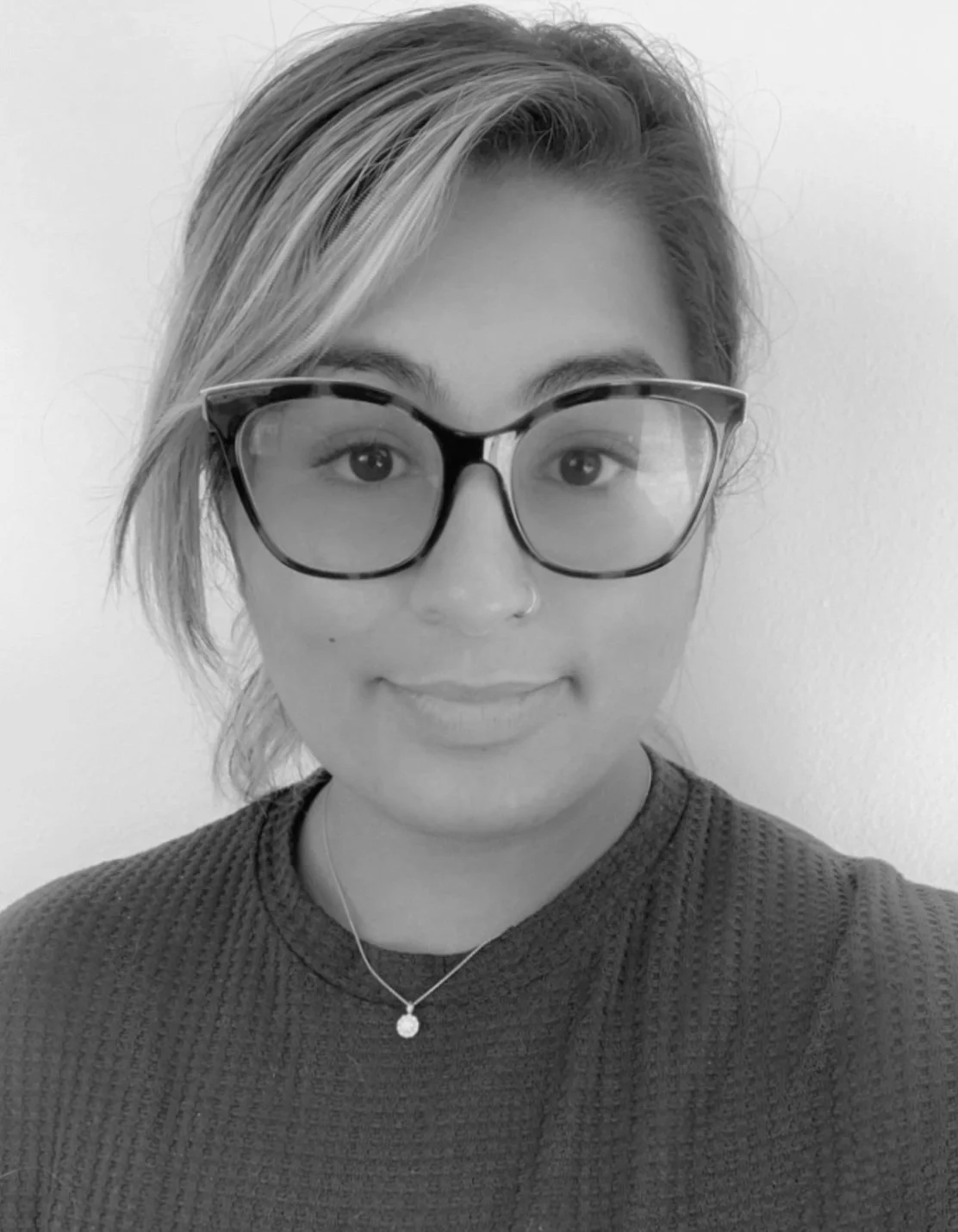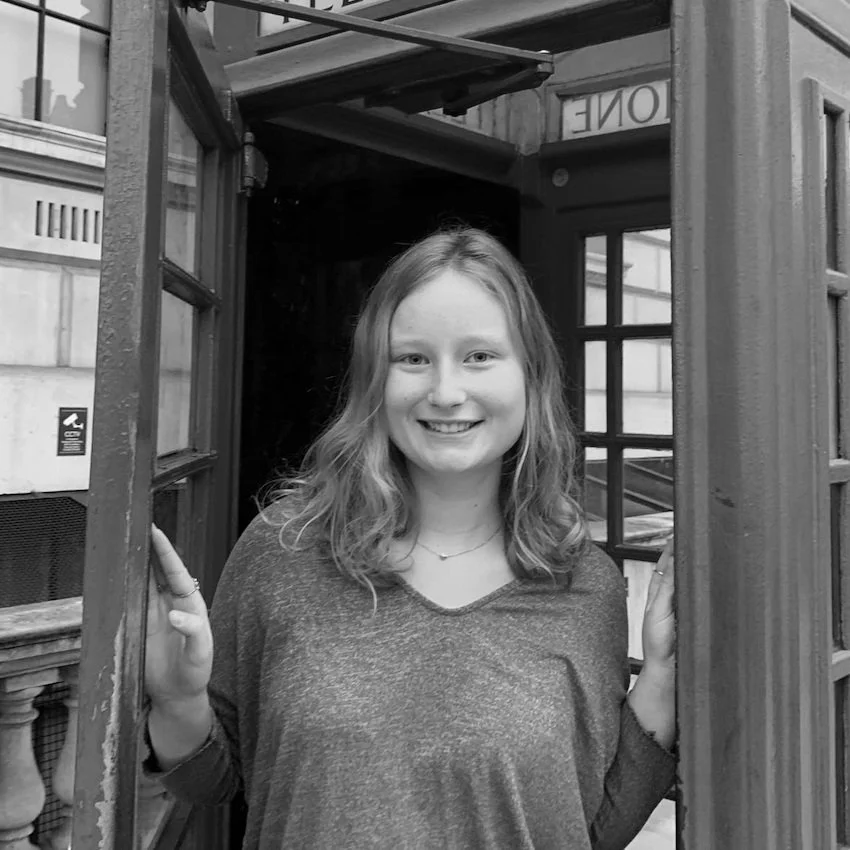“Considering tolerance to be the pinnacle of resolution only sets progress further back, creating a false veil of understanding and acceptance, while resentment bubbles beneath the surface. Though tolerance may be the acknowledgement of both the black and white of an issue, progress can only come through willingly choosing to see the myriad of gray found between the two extremes.”
Thomas Spencer, Graduate Student, Cambridge Union
Katie Marshall, Undergraduate Student, Cambridge Union
Hugh Jones, Undergraduate Student, Cambridge Union
“So – what does any of this have to do with tolerance. The answer is that tolerance is the other side of the harm principle. Democratic governments are, in certain circumstances at least, all too willing to over-police harms that ought to be overlooked. We shouldn’t be surprised that they are – that governments tend to prioritise popularity and policy over liberty is exactly why Mill felt the need to articulate the harm principle in the first place.”
Nataly Obando Rozo, Graduate, University of Illinois Chicago
“Empathy, the ability to understand each other, should be the first intentional step in the tolerance conversation; even when barriers separate us, if we try to see the other’s struggle, I believe we can break down the wall that separates us. Unfortunately, the path of tolerance is not a fairy tale. It is uncomfortable, painful, and a never-ending story.”
Eunice Cho, Undergraduate, University of Illinois Chicago
“In this political climate, institutions of all kinds like to publicize that their practices are sensitive to every minority under the sun. In practice, however, it is another thing entirely to tolerate, to consciously view one another as human and enact practices to ensure common well-being. It is uncomfortable, and difficult, yet necessary.”
Ferida Osman, Graduate, Hofstra University
Jamin Enquist, Graduate, Hofstra University
“I see tolerance as the ability to listen to ideas and beliefs without immediately accepting or rejecting those ideas or beliefs. It is a curiosity for knowledge outside one’s worldview and humility that recognizes no one person has the monopoly on truth or morality. I see tolerance as a means by which I have encountered life-changing perspectives and embarrassing ignorance.”
Meredith Frank, Undergraduate, Hofstra University
“I can begin a dialogue about the barrier to higher education, introducing them to the unanticipated problems people in my world face when they are at a financial disadvantage, and they can provide the resources and connections to solve the problem. To me, tolerance is not just reluctant acceptance, or a pitying understanding. It is two sides coming together to make a difference.”
Madison Szell, Undergraduate, Saint Louis University
“Changing someone’s belief is a matter of gentle non-judgment rather than harsh shame. No one wants to be yelled at. No one is going to be embarrassed into a different way of thinking. No, the only way to successfully express and convince someone of a new paradigm is by understanding the place and paradigm from which they come. In other words: listen first, talk later.”
Blake Sanders, Graduate, Saint Louis University
Kaitlynn Borik, Graduate, Saint Louis University
“The lessons I have learned through sociology and volunteering with diverse patient populations cultivated my personal growth and passion for cultural humility in daily life as well as healthcare. Through these experiences, I challenged and checked my own personal biases, many of which were fostered through a lack of previous knowledge and misunderstanding."
Shiloh Bentacourt, Graduate, Arizona State University Sandra Day O’Connor College of Law
“During the years of not talking to my mother, I was harassed out of work and out of house rentals, trained many hours with the Relational Center, and had long conversations with my medical doctor. I realized my own misconceptions of being transgender. When I did, I was able to appreciate my mother’s concerns with me being transgender.”
Marquis Fulghum, Undergraduate, Arizona State University
Ben VanBarr, Graduate, Wayne State University Law School
Laura Lynch, Undergraduate, Wayne State University
“I believe the first step toward such reform can start with individuals. Many of us have understood that acting with tolerance has been an individual choice since our first days of kindergarten, but we must renew our commitment to this despite the ease of slipping into clutches of hate. By taking a few steps back, or even going a few years back in our education, we can foster a new understanding of the world around us.”
Cicily Bennion, Graduate, Brigham Young University
"I wonder if Christ called loving the first and great commandment not just because it is the most important but because love is a great burden to bear. In comparison, tolerance is easy. Tolerance can be done from a distance. It is a sort of “live and let live” mentality. To tolerate something is to look past it. But Christ did not ask us to tolerate each other. He asked us to love each other, which is a task that requires closeness and intimacy and vulnerability. To love someone, you cannot look past them."
Alexis Watson, Undergraduate, Brigham Young University
"Regardless, it seems surprising that a people with ancestors who themselves sought tolerance would be intolerant of others seeking the same thing...But like pioneers, we can create something wonderful and life-giving from what was once a desert. Tolerance allows us to create a place of faith where people of all backgrounds and orientations feel comfortable sharing a church pew on Sunday."
Kyle Jorstad, Graduate, Case Western Reserve University School of Law
“Unfortunately, America’s current political climate strongly endorses a false dichotomy where we are encouraged to believe there are only two options to choose from, and too many of my generation have fallen into the camp ignorant of the potential for a middle ground. Only by actively advocating for tolerance by example can this hostility be properly addressed. So instead of telling your ideological opponent why they’re wrong, ask them why they’re right – you might be surprised.”
Emma Baehrens, Undergraduate, Ceveland Institute of Art
“I thought that I was tolerant because I was accepting of liberal beliefs, but I still frowned upon conservative values without trying to understand why people held these beliefs. I had never tried to understand both sides of the war between religious freedom and LGBTQ rights. Now, the new conversation is how the two parties can coexist.”



















